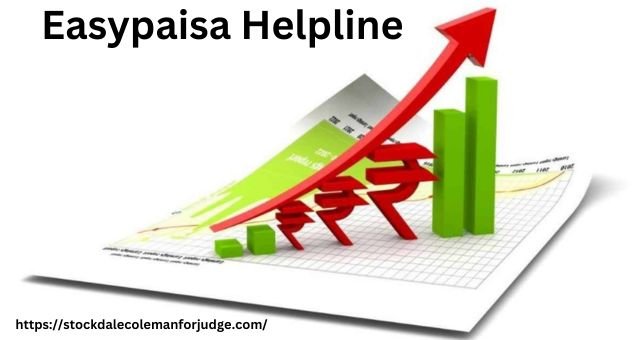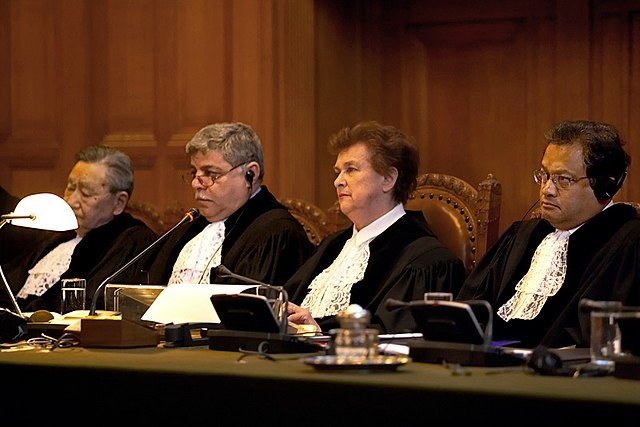Divorce Lawyer: Expert Guidance for a Smooth Legal Process

Navigating a divorce is one of the most challenging experiences anyone can face. Selecting the right divorce lawyer can significantly impact the outcome. A skilled divorce attorney can protect your interests and help you achieve a fair settlement.
We all know that each divorce case is unique, requiring personalized legal advice. Our team of experienced lawyers is dedicated to guiding you through every step of the process. We ensure you are well-informed and prepared for potential legal challenges.
Emotional stress is inherent in divorce, but having a competent attorney can ease much of that burden. We focus on offering compassionate, professional support tailored to your situation. Empowering our clients with the legal knowledge they need is our priority. learn more about divorce lawyer
Understanding Divorce Law and Legal Representation
Divorce law often requires navigating complex legalities and understanding various types of divorce. The right legal representation can significantly impact the outcome.
The Divorce Process
Divorce involves several stages, including filing a petition, serving the papers, negotiation, and finalizing the decree. Each step must adhere to specific legal standards and timelines. We work closely with our clients to ensure all documents are accurately filed and deadlines met.
Key Steps:
- Filing: Initiate the process by submitting necessary paperwork.
- Service: Serve divorce papers to the other party.
- Negotiation: Engage in communication and negotiation to settle terms.
- Finalization: Obtain the final divorce decree.
We emphasize thorough preparation for each phase to avoid delays and complications.
Choosing the Right Divorce Lawyer
Selecting an experienced lawyer who specializes in family law is crucial. We consider their expertise, communication skills, and ethical standards.
Attributes to Consider:
- Experience: Look for a track record in dealing with similar cases.
- Communication: Ensure they are responsive and keep you informed.
- Ethics: Check their standing with professional associations and past client reviews.
Thorough research and consultations can help in making the best choice for legal representation.
Types of Divorce: Contested vs Uncontested
Divorces can be contested or uncontested, each with different implications for time, cost, and stress levels.
Contested Divorce:
- Typically involves disputes over assets, custody, or support.
- Requires court interventions and can be lengthy.
- We handle all court proceedings to protect your interests.
Uncontested Divorce:
- Agreeable terms are negotiated between parties.
- Less time-consuming and costly.
- We facilitate smooth negotiations to finalize terms efficiently.
Understanding the type of divorce helps in choosing the best approach for your situation.
Legal Expertise and Professional Credentials
When seeking a divorce lawyer, it is vital to consider their educational background, work experience, community recognition, licensing, and disciplinary records. These factors provide crucial insights into their professional capabilities.
Educational Background and Work Experience
A competent divorce lawyer typically holds a Juris Doctor (JD) degree from an accredited law school. Prestigious institutions often indicate a strong foundational education. Beyond formal education, practical experience in family law is essential.
Years of practice in divorce cases add depth to their expertise. Lawyers with 10+ years in the field often manage complex cases efficiently. Prior work experience in family law firms or legal aid organizations can also be advantageous. This experience reflects their proficiency in handling various divorce-related issues, such as asset division and child custody.
Legal Community Recognition and Ethics
Recognition within the legal community signifies a lawyer’s reputation and standing among peers. High review ratings on legal platforms, awards, or honors from bar associations highlight their competency. Martindale-Hubbell AV ratings or inclusion in Super Lawyers lists can be indicators of professional respect.
Ethical practice is fundamental. Lawyers should adhere to the stringent ethical standards established by the state bar association. A history of commitment to ethical conduct ensures reliable and principled legal representation. A lawyer involved in legal education, such as lecturing or publishing, shows a dedication to the field and staying updated on legal trends.
Licensing and Disciplinary Information
Ensuring our chosen divorce lawyer holds a valid license to practice in our state is crucial. Licensing verifies they have met all educational and examination requirements. We can verify licensing through state bar association directories.
Disciplinary history must also be reviewed. A clean record with no sanctions from the bar association indicates professional integrity. Additionally, awareness of any previous disciplinary actions or complaints can inform our decision-making process. If such information exists, analyzing the severity and outcomes of these actions helps us understand their professional history better.












